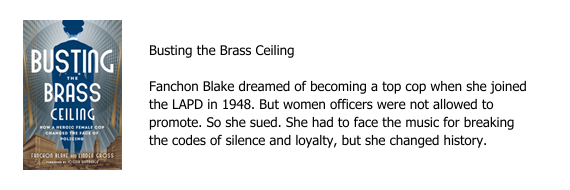Do you have a great book idea? Fantastic! But now what? How do you turn that book idea into a book?
First, get the idea down on paper. And I mean now! If it hits in the middle of the night, force yourself to get up and jot down your idea in enough detail so it makes sense in the morning. Otherwise, you’ll remember that you had a brilliant book idea but that’s all you’ll remember. The idea itself will be gone.
Do I speak from bitter experience here? Sigh. I don’t want to talk about it.
So where were we? Right. Your book idea that you’re not going to forget.
As soon as you can, turn those notes you’ve jotted down into something more substantial and just as sloppy. As you probably noted in last week’s post about finding your writer’s voice, I’m a huge sloppy copy fan. There’s nothing like a monster brain dump to help you figure out what you’re really thinking. This is not the time to give a second thought to how your writing sounds or whether you’re making mistakes. Who cares! You’re on a discovery mission that has everything to do with ideas and nothing to do with language at this stage.
If your idea relates to a novel, include ideas about your characters, your settings, the issues, and any plot points that come to mind. If you’re noodling a non-fiction book idea, scribble ideas about your premise, why it’s important, related issues, and any other factors that pop into your head.
Next indulge in research. For you novelists and memorists, researching everything from locations to personality types can really help spark your imagination. Check out Angela Ackerman and Becca Puglisi’s One Stop for Writers for some super cool tools and resources on both fronts. If you’re exploring a non-fiction idea, you need facts as well as a sense of how your topic has been covered so you can differentiate yourself.
When you feel like you’ve got a tentative handle on your book idea, it’s time to gather your thoughts. Start by organizing your sloppy copy so that it makes sense. Then jump into the second sloppy-copy phase. Fiction writers, you’ll want to flesh out your characters, so you have a strong sense of what they need or want, and what’s preventing them from getting that. Come up with scenes that show this conflict, that raise the stakes, and that increase the tension. You non-fiction writers will want to think about how you would make the case if you were presenting your book idea to a jury.
Next, dive in even deeper. Maybe your fiction book idea needs some subplots to enrich the story. Most likely, you’ll need to interview people to further flesh out your nonfiction book idea. That might even help budding novels and memoirs.
Finally, get started. Your ideas will evolve as you write. If you wait until they’re flawlessly formulated, you’ll wind up with a perfect book idea and absolutely nothing to show for it.




















0 Comments